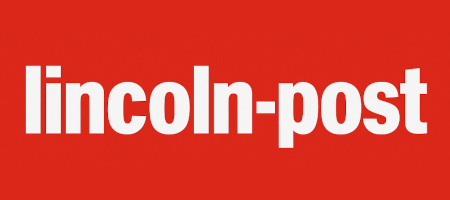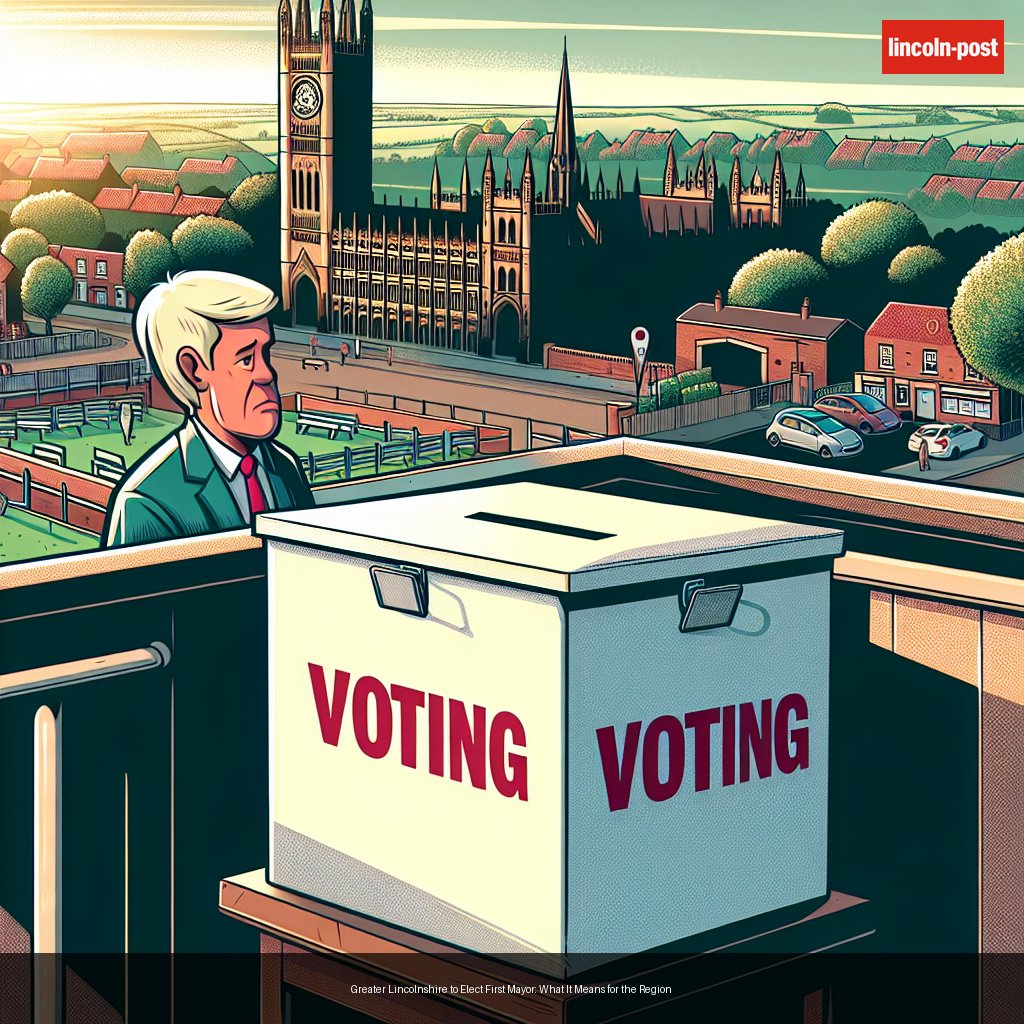The local governance of Lincolnshire is experiencing a noteworthy alteration with the forthcoming election of the inaugural Mayor of the Greater Lincolnshire Combined Authority. Scheduled to take place on Thursday, 1 May, this development arises from a devolution deal sanctioned by the Government in September 2024. The arrangement provides another tier of governance incorporating the areas governed by the North East Lincolnshire Council, North Lincolnshire Council, and Lincolnshire County Council.
The newly appointed Mayor’s role will not supersede the existing councils. The Mayor’s office will impose a superior authority, with the jurisdiction to focus on larger regional matters, for instance, transport strategies. The local councils will continue to handle day-to-day services encompassing elements like waste disposal and road maintenance. Greater Manchester applies this model with the intention to transfer more decision-making authority from Westminster closer to the local community.
The designated Mayor is expected to have dominion over transport, housing, and skills. This role will enable critical decisions pertaining to Lincolnshire inhabitants to be implemented locally. Additionally, the Mayor can potentially levy a Mayoral Precept, potentially escalating council tax to finance regional development plans. However, it is crucial to note that such a decision is not predetermined. To achieve the majority of their objectives, the Mayor will need to collaborate efficiently with local council leaders, as their endorsement is critical.
Six candidates are contending for the honour to emerge as the representative of Greater Lincolnshire at a national level, much like Andy Burnham embodies Greater Manchester. As the local populace readies for the polls, their decision will inaugurate a fresh chapter in regional governance for Lincolnshire.
This article has been adapted from the original material reported by www.grimsbytelegraph.co.uk for The Lincoln Post.








